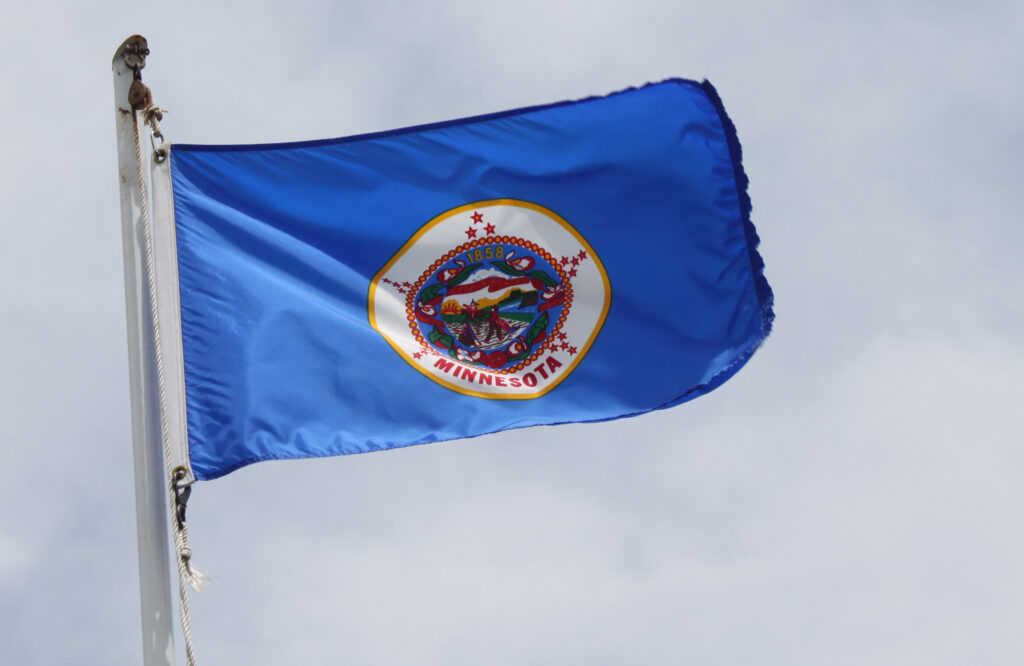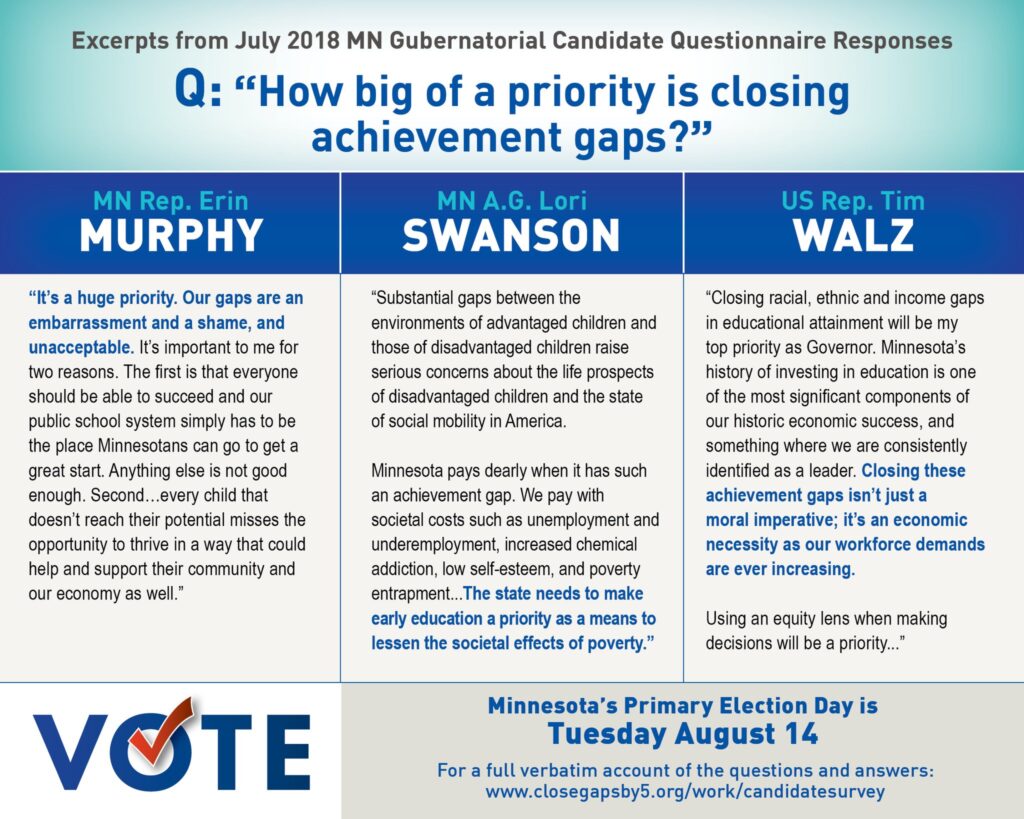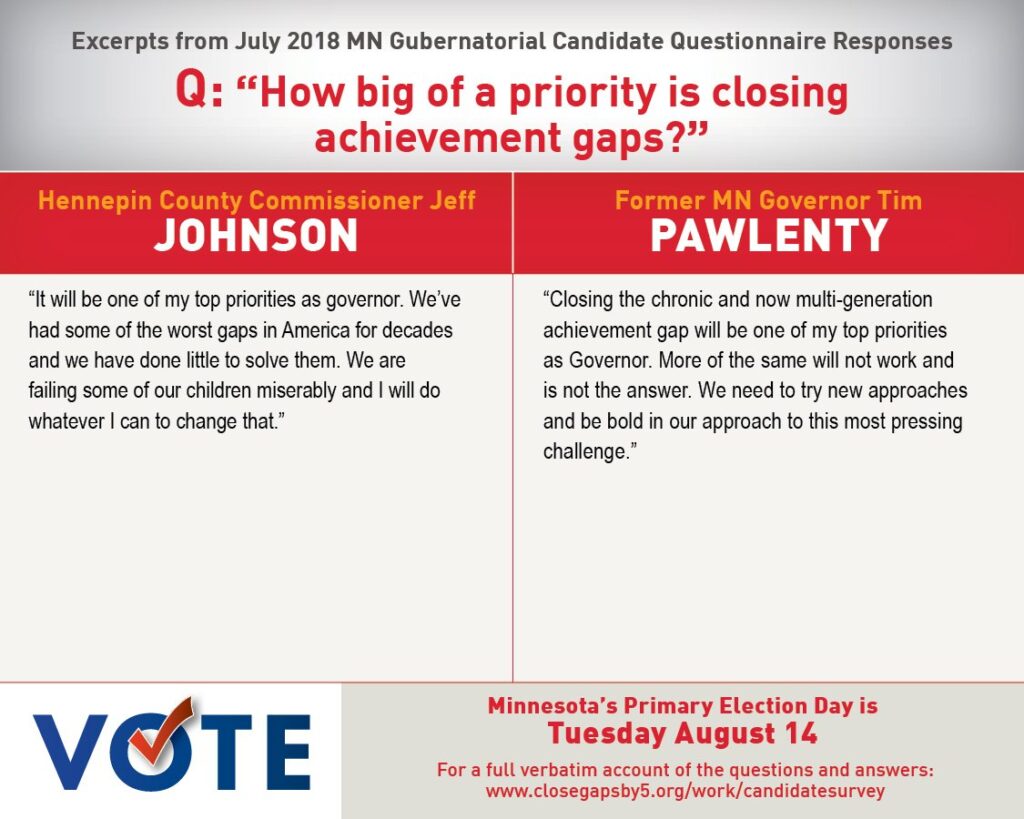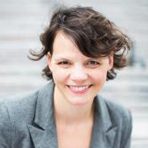 By Ericca Maas, Close Gaps by 5My organization is focused on closing Minnesota’s worst-in-the-nation achievement gaps, which means closing the early education opportunity gaps facing the 35,000 low-income Minnesota children who can’t access quality early education programs.In pursuit of that goal, we champion Early Learning Scholarships. More than any other policy option, Scholarships do the things research says we need to do to close those gaps – start early, target resources, demand best practices, and keep it flexible.At the same time, we oppose funding the universal pre-k (UPK) model, called Voluntary Pre-k in Minnesota, because it doesn’t start early, isn’t flexible enough to fit many families’ needs, and doesn’t target limited resources to the most vulnerable children. We feel strongly that Minnesota shouldn’t be subsidizing wealthier families with UPK at a time when early education opportunity gaps are hurting 35,000 younger, poorer children.In addition to Scholarships, we advocate for expanding the Parent Aware program to build more quality early education options and help parents find such programs and reward them. Finally, we support reforming existing early education and care funding streams to make them more efficient, accountable and consistent with the best available research.On all of those issues, Minnesota has a long way to go.What Will Our Next Governor Do?What do Minnesota’s five major candidates vying to become our new Governor in 2019 think about early education? We asked them, by way of a written questionnaire, and all five responded. You can read their full responses by going to our website. Click HERE to see responses.
By Ericca Maas, Close Gaps by 5My organization is focused on closing Minnesota’s worst-in-the-nation achievement gaps, which means closing the early education opportunity gaps facing the 35,000 low-income Minnesota children who can’t access quality early education programs.In pursuit of that goal, we champion Early Learning Scholarships. More than any other policy option, Scholarships do the things research says we need to do to close those gaps – start early, target resources, demand best practices, and keep it flexible.At the same time, we oppose funding the universal pre-k (UPK) model, called Voluntary Pre-k in Minnesota, because it doesn’t start early, isn’t flexible enough to fit many families’ needs, and doesn’t target limited resources to the most vulnerable children. We feel strongly that Minnesota shouldn’t be subsidizing wealthier families with UPK at a time when early education opportunity gaps are hurting 35,000 younger, poorer children.In addition to Scholarships, we advocate for expanding the Parent Aware program to build more quality early education options and help parents find such programs and reward them. Finally, we support reforming existing early education and care funding streams to make them more efficient, accountable and consistent with the best available research.On all of those issues, Minnesota has a long way to go.What Will Our Next Governor Do?What do Minnesota’s five major candidates vying to become our new Governor in 2019 think about early education? We asked them, by way of a written questionnaire, and all five responded. You can read their full responses by going to our website. Click HERE to see responses. MUCH CONCERN ABOUT ACHIEVEMENT GAPS. All five candidates expressed strong concern about Minnesota’s large achievement gaps. Actions obviously speak louder than words, but these five candidates used strong words about their desire to close Minnesota’s worst-in-the-nation achievement gaps. That’s a start.BIPARTISAN SUPPORT FOR SCHOLARSHIPS. Three of the five candidates – Hennepin County Commissioner Jeff Johnson (GOP), former Minnesota Governor Tim Pawlenty (GOP), and Minnesota Attorney General Lori Swanson (DFL) – expressed support for Early Learning Scholarships. Unlike UPK, support for Scholarships crossed party lines.SOME SUPPORT FOR UPK. Two of the five candidates – Minnesota Rep. Erin Murphy (DFL) and U.S. Rep. Tim Walz (DFL) – expressed strong support for the UPK approach. Because UPK is expensive ($890 million/biennium), UPK backing could make it difficult for a new Governor to also invest much in early education for the 35,000 low-income children under age 5 who can’t access quality early learning programs.
MUCH CONCERN ABOUT ACHIEVEMENT GAPS. All five candidates expressed strong concern about Minnesota’s large achievement gaps. Actions obviously speak louder than words, but these five candidates used strong words about their desire to close Minnesota’s worst-in-the-nation achievement gaps. That’s a start.BIPARTISAN SUPPORT FOR SCHOLARSHIPS. Three of the five candidates – Hennepin County Commissioner Jeff Johnson (GOP), former Minnesota Governor Tim Pawlenty (GOP), and Minnesota Attorney General Lori Swanson (DFL) – expressed support for Early Learning Scholarships. Unlike UPK, support for Scholarships crossed party lines.SOME SUPPORT FOR UPK. Two of the five candidates – Minnesota Rep. Erin Murphy (DFL) and U.S. Rep. Tim Walz (DFL) – expressed strong support for the UPK approach. Because UPK is expensive ($890 million/biennium), UPK backing could make it difficult for a new Governor to also invest much in early education for the 35,000 low-income children under age 5 who can’t access quality early learning programs. SOME SUPPORT FOR CCAP IMPROVEMENTS. Two of five candidates – Rep. Murphy and Rep. Walz – mentioned support for the Child Care Assistance Program (CCAP) in their remarks. Walz recommended fully funding and forecasting CCAP, along with supporting the growth of Parent Aware. Rep. Murphy mentions expanded support for CCAP. None of the candidates committed to reforming CCAP, such as by requiring that low-income children using CCAP funds be guaranteed quality Parent Aware-rated early learning programs.EASING CHILD CARE SHORTAGE. The candidates had a variety of ideas for addressing Minnesota’s child care shortage. For instance, Johnson stressed expansion of Scholarships and regulatory reform; Murphy suggested looking to the local level for solutions and provided two examples; Swanson mentioned tax credits for employers that provide child care for employees; Walz talked about raising CCAP rates and willingness to explore regulatory reform; and Pawlenty stressed reducing fraud and overly burdensome regulations.So, for people who want to see investment in quality early education for the children most likely to fall into achievement gaps and early education opportunity gaps, there are many positive things in the candidates’ questionnaire responses, as well as some areas of concern.Get Active!There are many things supporters of quality early education can do to ensure their voices are heard during this election season, such as:
SOME SUPPORT FOR CCAP IMPROVEMENTS. Two of five candidates – Rep. Murphy and Rep. Walz – mentioned support for the Child Care Assistance Program (CCAP) in their remarks. Walz recommended fully funding and forecasting CCAP, along with supporting the growth of Parent Aware. Rep. Murphy mentions expanded support for CCAP. None of the candidates committed to reforming CCAP, such as by requiring that low-income children using CCAP funds be guaranteed quality Parent Aware-rated early learning programs.EASING CHILD CARE SHORTAGE. The candidates had a variety of ideas for addressing Minnesota’s child care shortage. For instance, Johnson stressed expansion of Scholarships and regulatory reform; Murphy suggested looking to the local level for solutions and provided two examples; Swanson mentioned tax credits for employers that provide child care for employees; Walz talked about raising CCAP rates and willingness to explore regulatory reform; and Pawlenty stressed reducing fraud and overly burdensome regulations.So, for people who want to see investment in quality early education for the children most likely to fall into achievement gaps and early education opportunity gaps, there are many positive things in the candidates’ questionnaire responses, as well as some areas of concern.Get Active!There are many things supporters of quality early education can do to ensure their voices are heard during this election season, such as:
- Call, email, write or visit with candidates in your area to express your opinion about these issues.
- Sign on to the Early Ed Challenge petion. Click HERE to sign.
Most importantly, of course, early education supporters should be sure to votefor the candidate of their choice in the primary election on August 14, and in the general election on November 6. These candidate responses can help inform your choices in those elections. Ericca Maas is the Executive Director of the non-profit organization Close Gaps by 5, which champions the use of quality early education to close Minnesota’s worst-in-the-nation achievement gaps.
Ericca Maas is the Executive Director of the non-profit organization Close Gaps by 5, which champions the use of quality early education to close Minnesota’s worst-in-the-nation achievement gaps.








